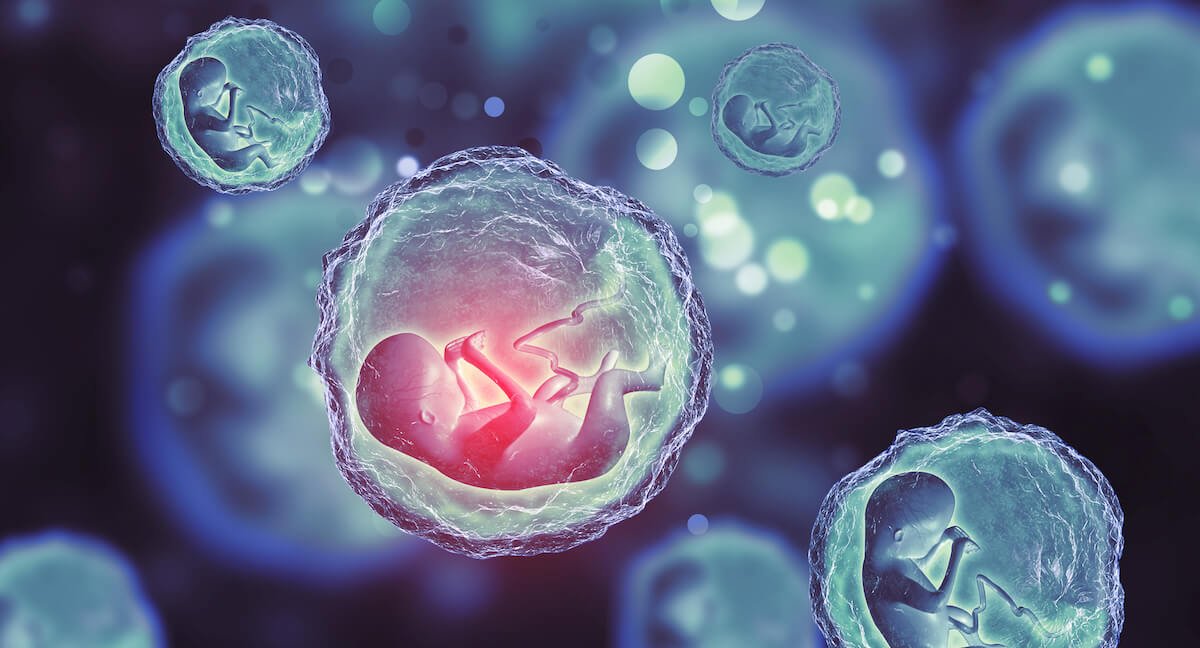Nature Knows and Psionic Success
God provides
Prenatal Pesticide Exposure Linked to Changes in Teens’ Brain Activity

The more scientists study the effects of pesticides on human health and the natural world, the clearer it becomes that we’ve looked before we’ve leaped. Some of the changes are subtle, and others may take years to manifest. However, we’re slowly cataloging the types and magnitudes of harm chemical pesticides may be bringing to our doorsteps. Suffice it to say, the now well-publicized plight of bee species around the world is the tip of the iceberg [ 1 ]. The human population can expect increasing hardships as this assault on biodiversity continues. And scientists have been hard at work increasing our understanding of the much more direct impact pesticides have had, and continue to have, on the human population. Scientists have known for some time that exposure to pesticides appears to severely raise one’s chances of developing chronic illnesses and diseases. Examples include lymphoma, leukemia and multiple types of cancer — including prostate, ovarian, brain and breast cancer [ 2 ]. In addition, birth defects and a range of other types of reproductive harm, including sterility and spontaneous abortions, have also been noted. Further studies have linked the use of pesticides with higher rates of Alzheimer’s disease, Parkinson’s disease, asthma, diabetes and other serious conditions [ 3 ]. Although we’ve been fairly confident in our observed link between pesticide use and reproductive harm for some time, knowledge about the longer-term health impact on children has been harder-won. In particular, scientists want to know more about the effects of exposing children to pesticides before birth, and whether doing so results in learning and developmental problems that last well into their teen years. Just as the negative physical influence of pesticides may take years to manifest in tests, so can the influence on the development of human cognition and brain health. […]
Click here to view full article
